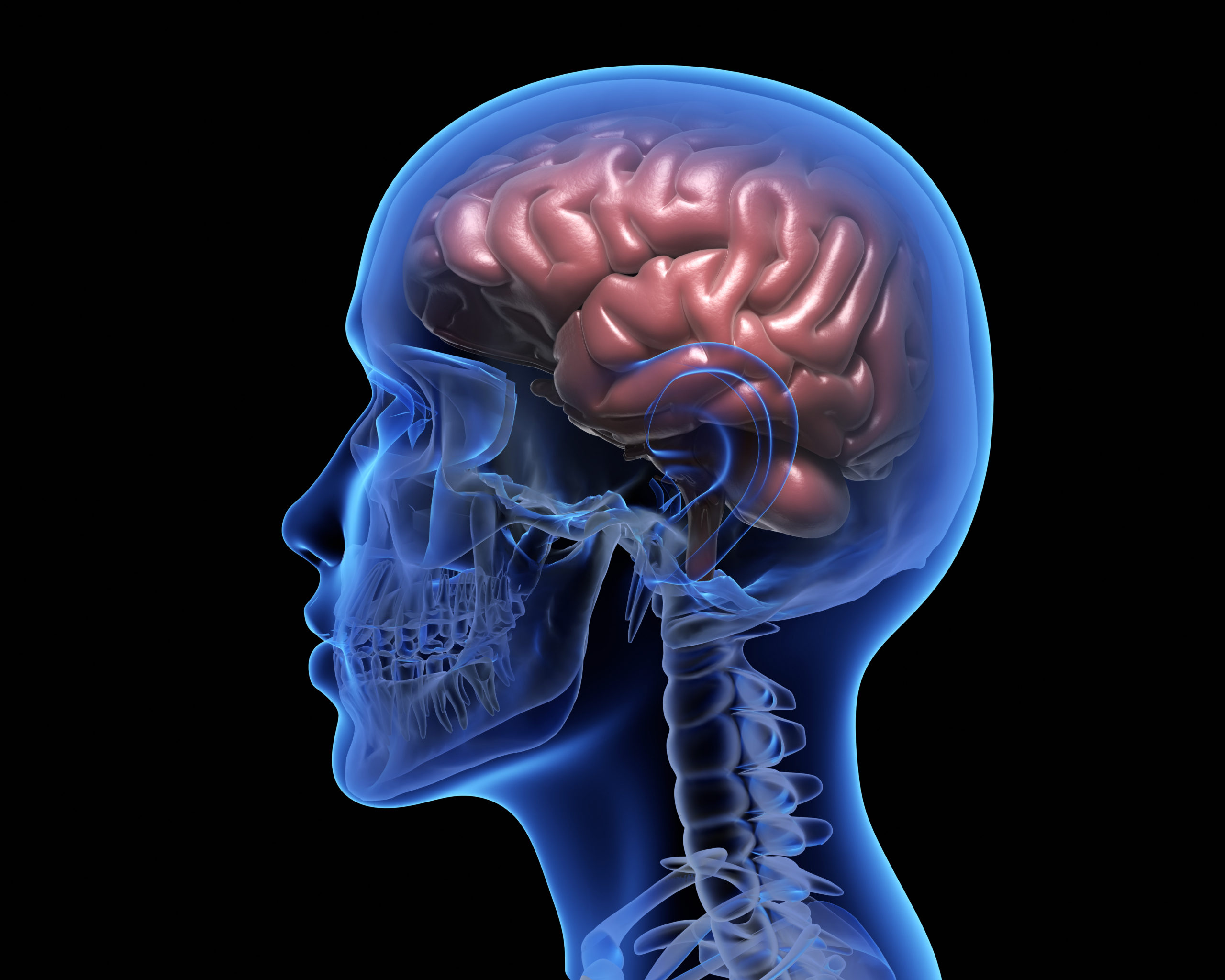Brain health is one of the most important aspects of overall health and well-being. The brain is responsible for controlling and coordinating all of the activities of the body, and it is also responsible for our thoughts, emotions, and memories. It is essential to keep the brain healthy and functioning properly in order to live a happy and productive life. What many people may not realize is that air pollution and breathing in polluted air can have an effect on the wellness of your brain. If you want to learn more, keep reading to find out how air pollution impacts brain health.
How can brain health be impacted by air pollution?

There is a lot of research that suggests that air pollution can have a negative impact on brain health. For example, a 2015 study found that exposure to air pollution can increase the risk of dementia. The study looked at data from thousands of elderly adults living in and found that those who were exposed to high levels of air pollution were at a higher risk of developing dementia. Another study found that those who were exposed to high levels of air pollution were at a higher risk of developing depression.
Air pollution has been linked to an increased risk of tumors. The World Health Organization (WHO) has classified outdoor air pollution as a leading cause of cancer. If you notice any symptoms of brain tumors, particularly if you know you’ve been breathing in polluted air, it’s essential that you get to a neurologist as soon as possible. Early detection is key in treating most forms of cancer, including cancers that affect the brain. These are just a few examples of the many ways that air pollution can affect your overall brain health.
If you want to keep yourself and your coworkers safe, you may want to talk to your manager about installing clean air technology in your place of work. The same clean air technology that is used in hospital environments is available to you and your office as well. It’s a worthwhile investment, especially considering that we are all still living with the effects of the global pandemic caused by COVID-19.
What else can you do to support brain health?

Sleep is essential for overall brain health and function. During sleep, the brain consolidates memories, repairs and regenerates cells, and processes information from the day. Not getting enough sleep can lead to cognitive decline and a host of other health problems. This is a major health concern, as lack of sleep has been linked to weakened immunity, obesity, heart disease, and diabetes. Sleep deprivation can also lead to other cognitive issues. When you don’t get enough sleep, it can be difficult to focus and stay alert. You may have trouble with problem-solving and decision-making. Additionally, in the long run, sleep deprivation can lead to memory problems.
There are many other things that you can do to support brain health. One of the most important is to keep your mind active and engaged. Puzzles, crosswords, and Sudoku are all great ways to keep your brain active. You can also try learning a new language or playing a musical instrument. Another necessary way to support brain health is to get enough exercise. Exercise helps to improve blood flow to the brain and can help to reduce the risk of diseases like Alzheimer’s.
As you can see, brain health is a complicated topic. Fortunately, there are plenty of resources available both on and offline that can teach you how to take better care of yourself. If you do notice any symptoms that are traditionally associated with neurological problems or brain diseases, it’s always best to have a check in with a specialist to make sure that nothing is wrong. Many common brain conditions can be treated more effectively when they diagnosed early. There are few things more essential to be proactive about than the health of your brain.

